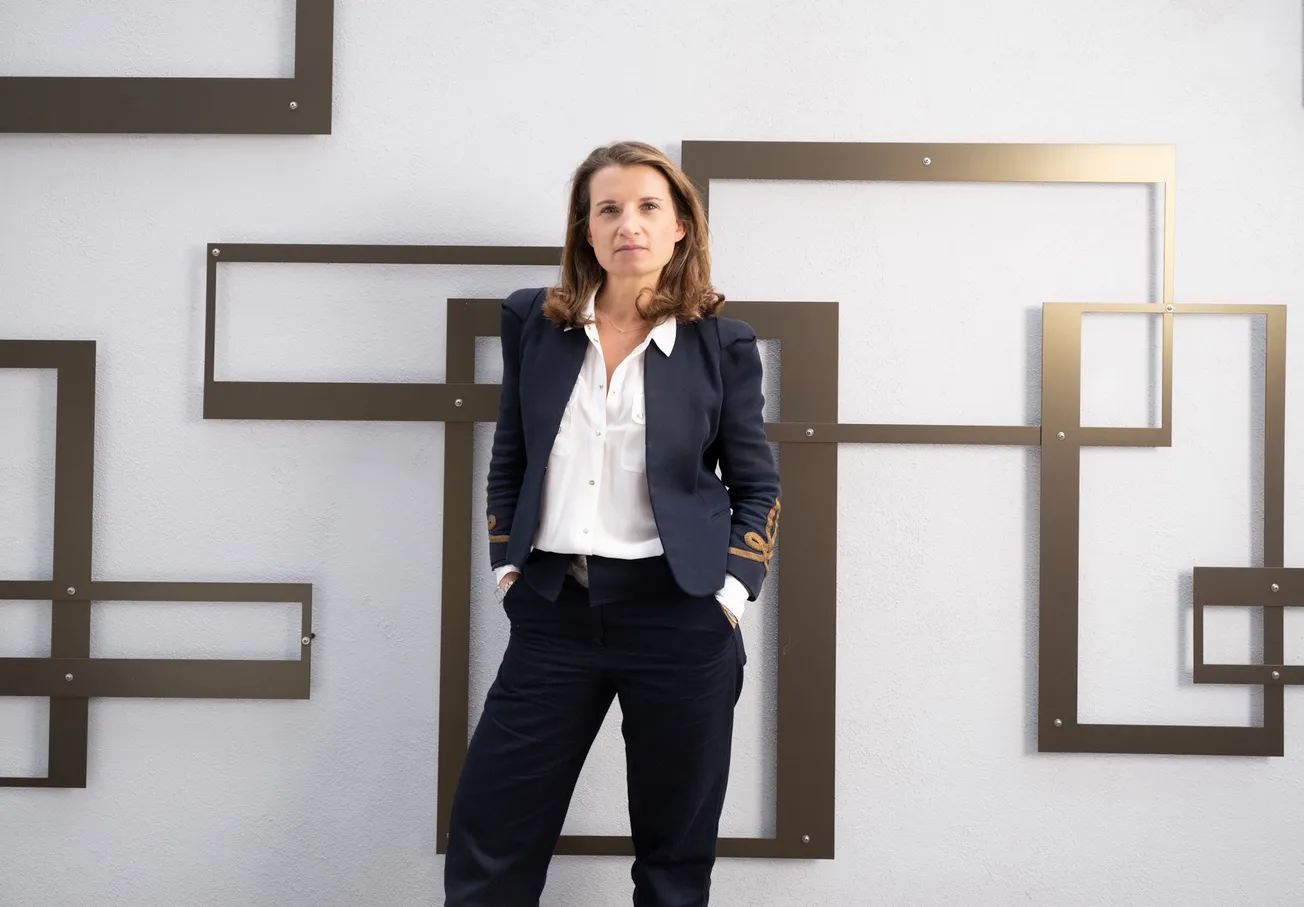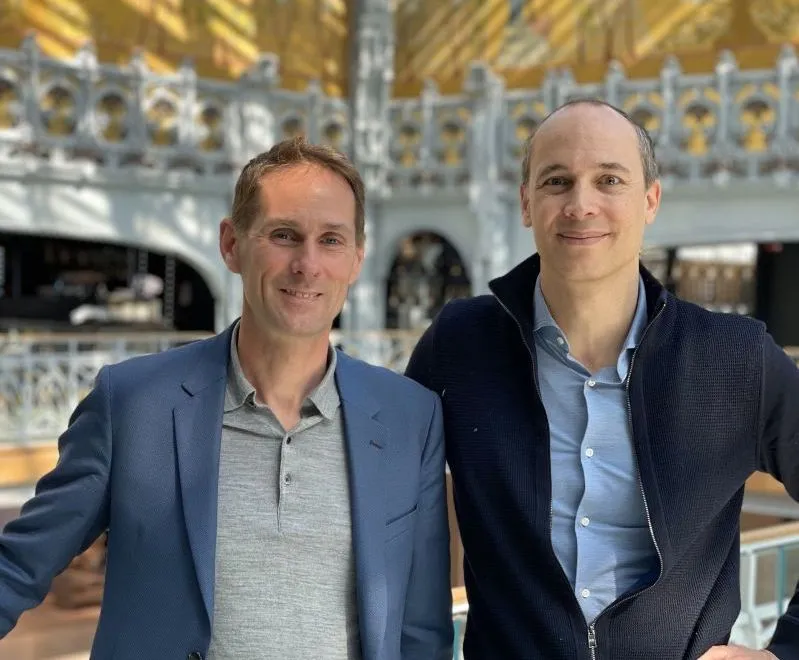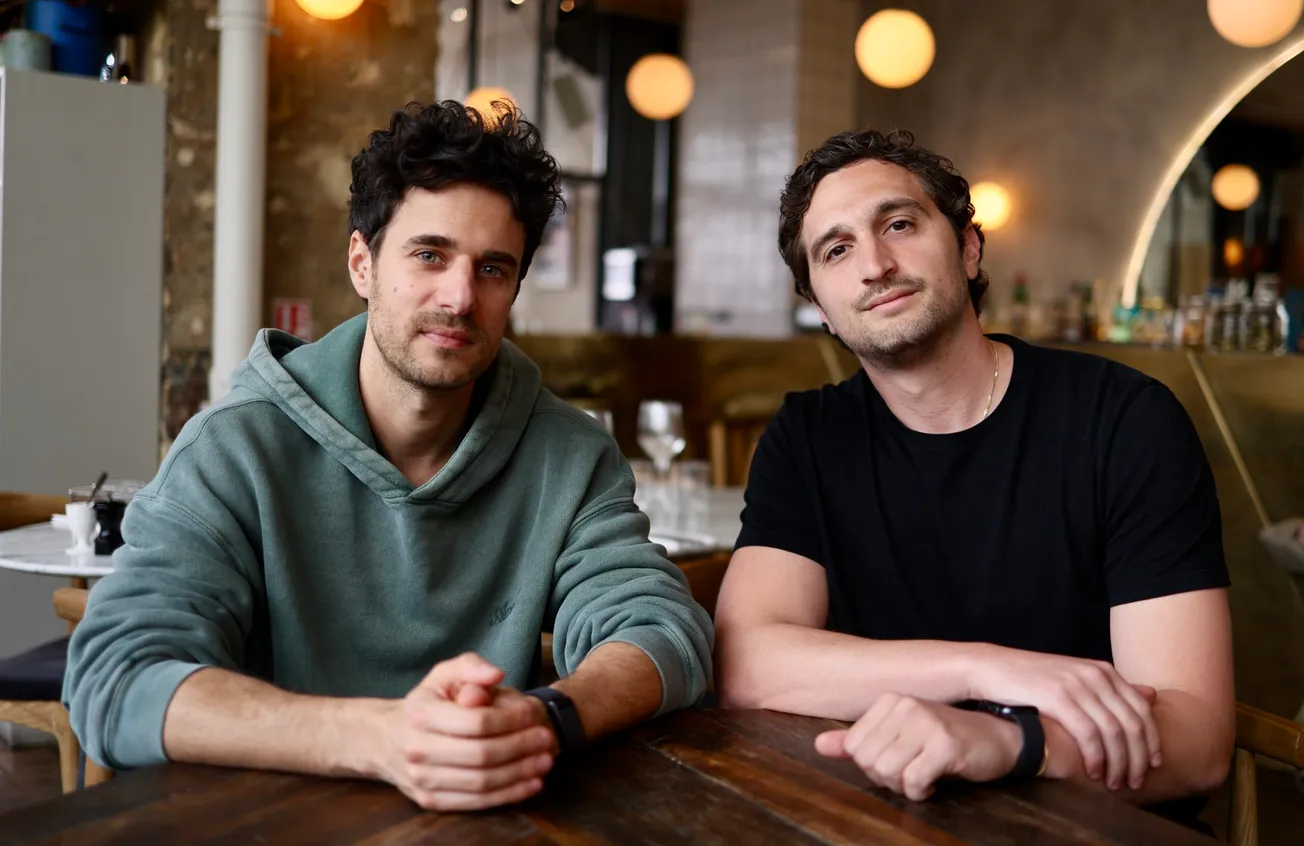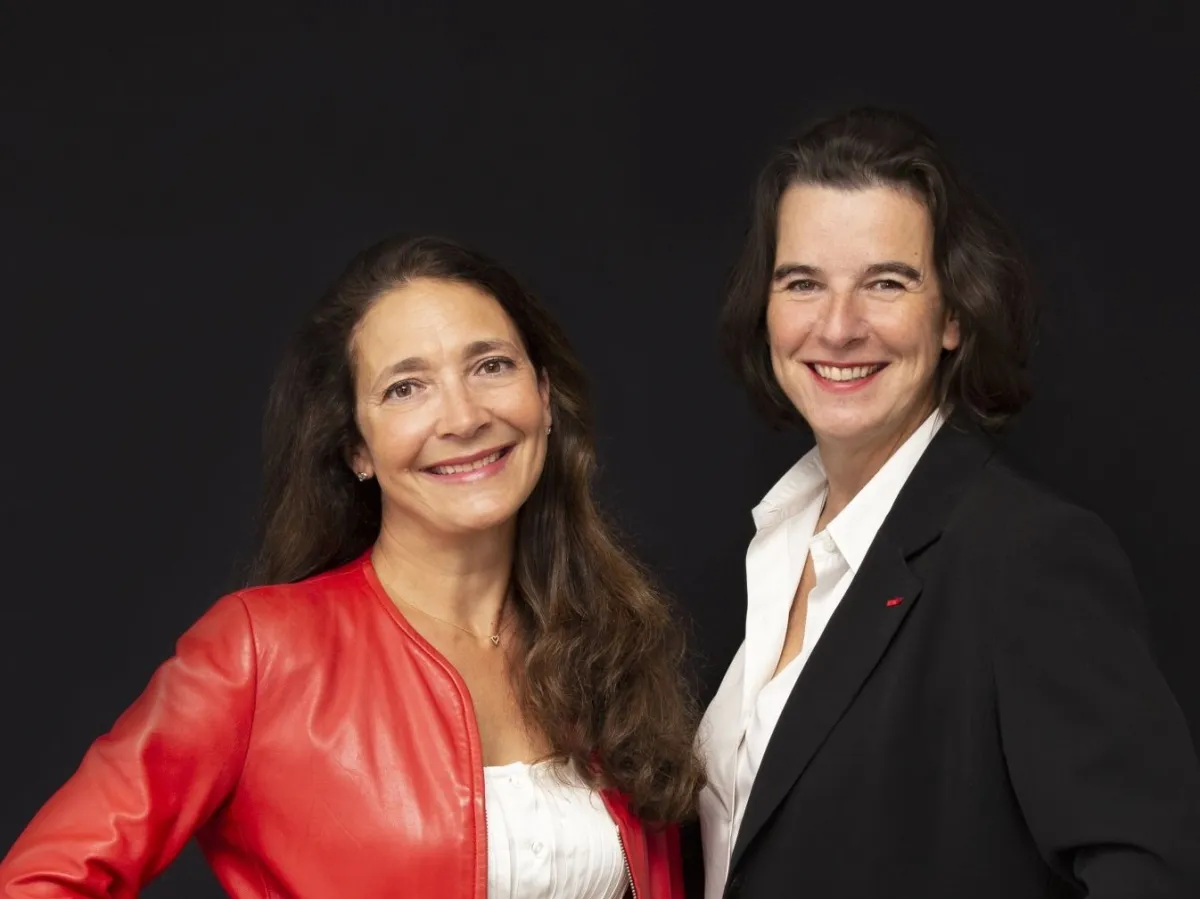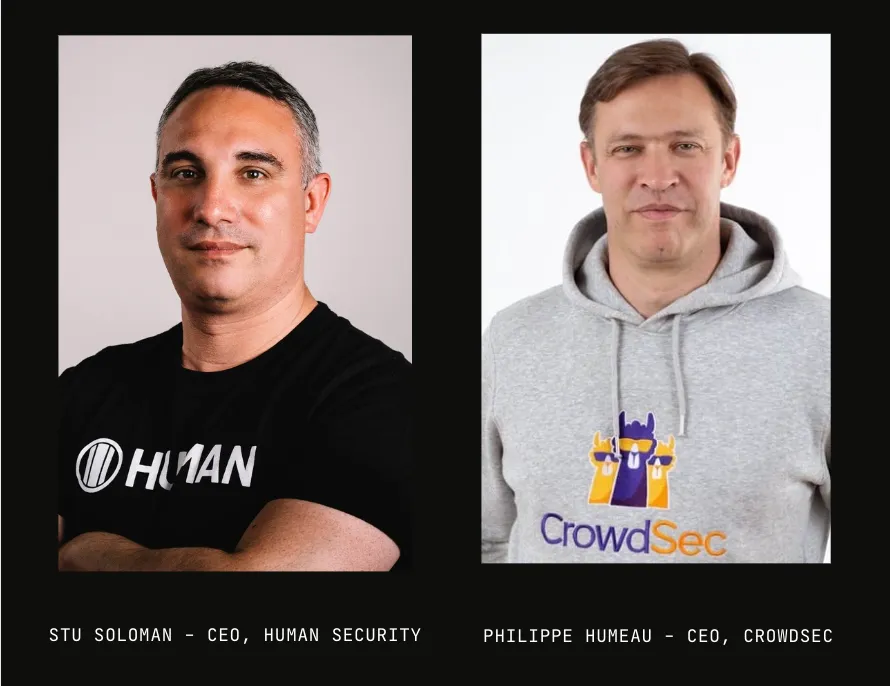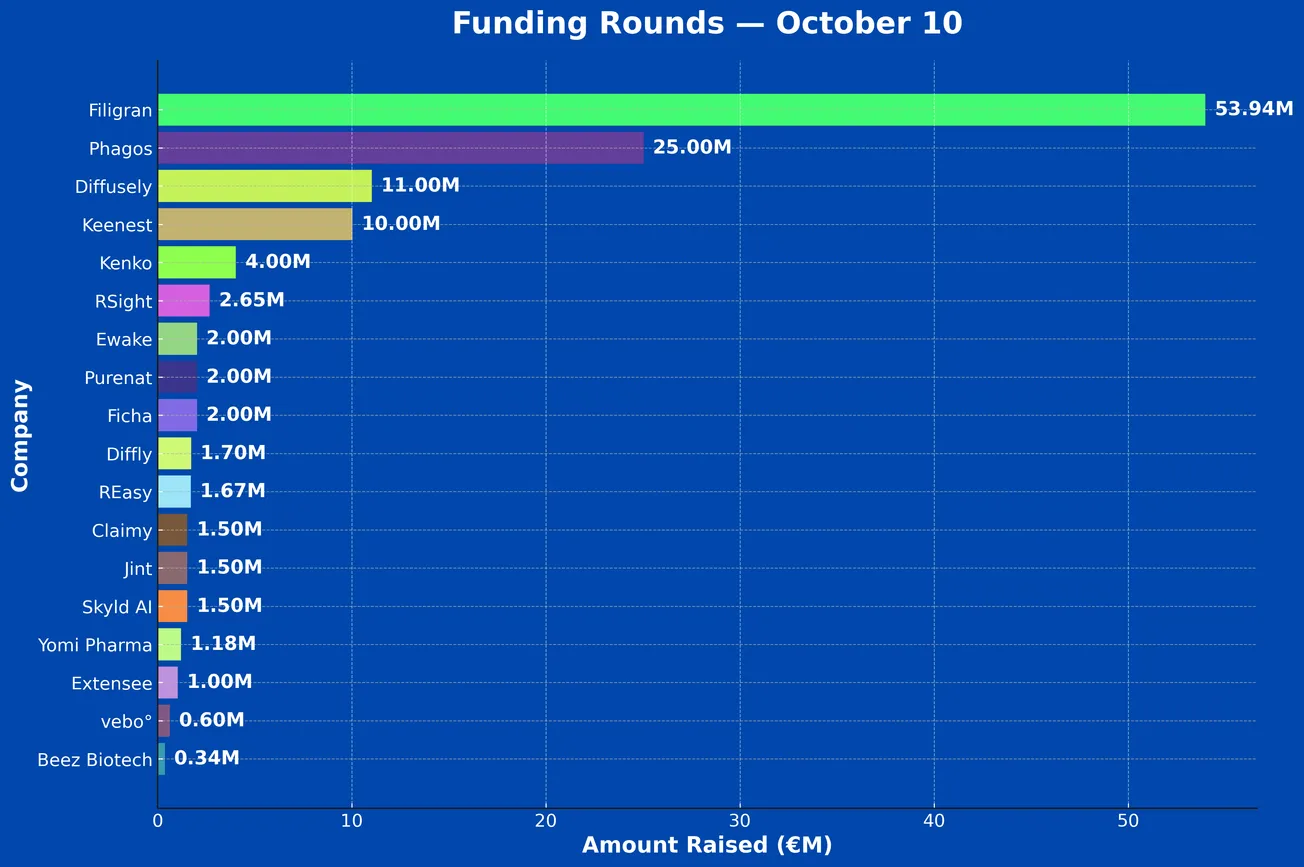Sabine Flechet has been flying the French tech flag from her home base in Munich, Germany, for more than a decade. In addition to being Vice-President of the official French Tech Munich community, she has been a prominent Business Angel and venture capital partner.
Now she’s leveraging that experience to launch a new venture capital firm called Masawa. Its credo is a concept called “Nurture Capital.” Masawa seeks to back early-stage mental wellness startups, but it also intends to create an empathetic approach to helping portfolio companies that prioritizes the mental well-being of founders.
Masawa was, in part, inspired by her experience helping founders of her portfolio companies navigate the pandemic and watching the personal toll it took on many of them as they fought to keep their startups running.
“At that point, I felt not equipped with the right skills to help my portfolio because they needed soft skills like resilience, adaptability, and mental health support,” Flechet said. “They were burning out while trying to make sure that employees are not leaving when things become challenging. That’s when I started getting interested in mental health and the mental health of founders.”
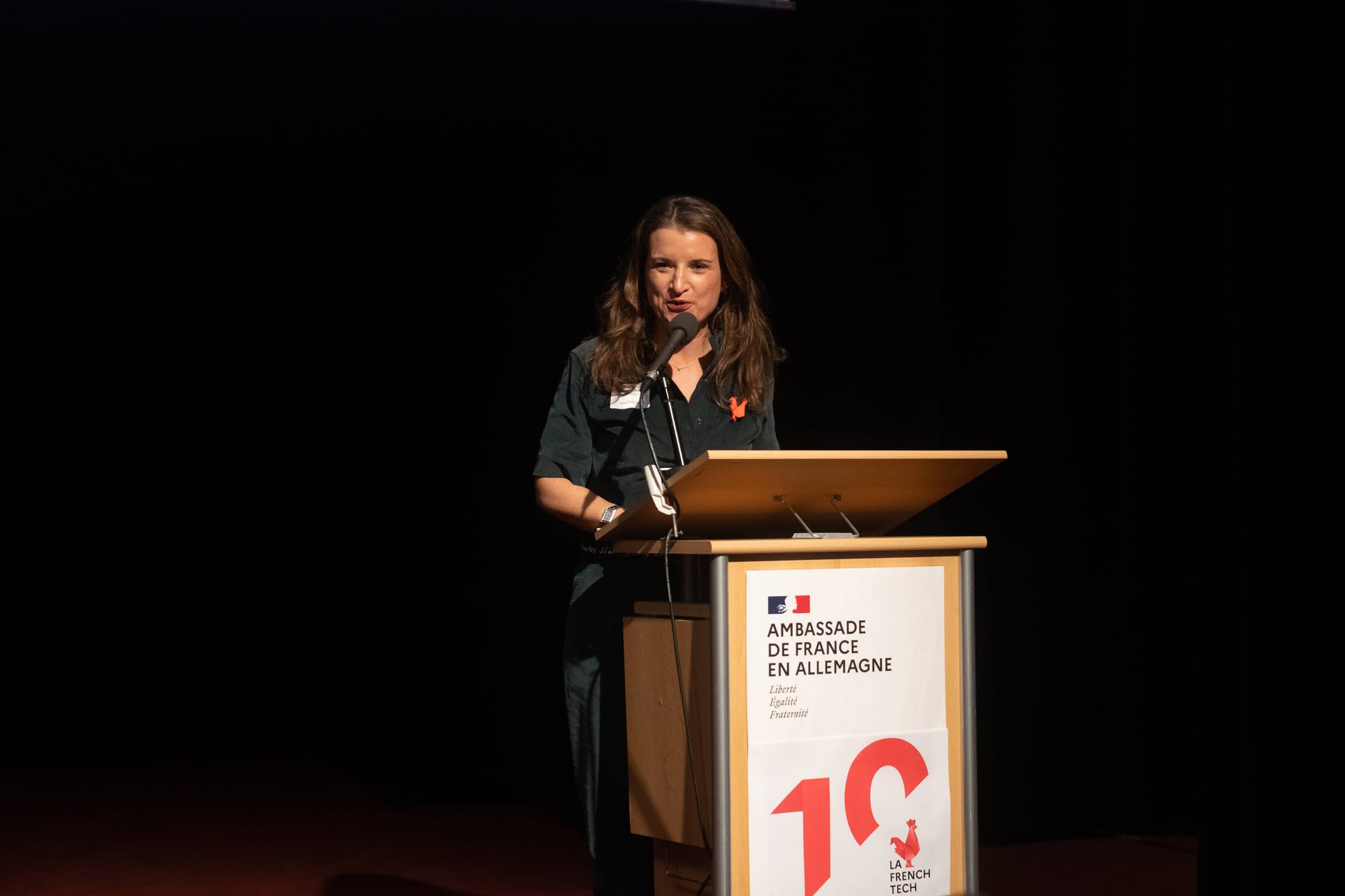
Getting Started: Flechet comes from a traditional finance background, getting an MBA from Paris’ prestigious INSEAD business school. She worked as an investment banker for HSBC for several years in London and New York, before joining a consulting firm that had an opening in Munich where she began to do more strategic work with startups.
As she worked with more accelerators and incubators, Flechet decided to go out on her own as a startup advisor, helping early-stage founders with strategy and fundraising, often serving as a kind of freelance CFO to help get financial reporting in place and identify KPIs that would convince investors. In some cases, she would be paid with equity, which became a steppingstone into more direct Business Angel investing.
In 2017, she joined Munich-based LeadX Capital Partners, which used to back early-stage foodtech startups, digital solutions and innovations along the value chain from agriculture, supply chains & logistics, to digital distribution channels, into retail, restaurants or hotels. She eventually built up a portfolio of 70 Pre-Seed/Seed-Stage companies, but with a high concentration in RestaurantTech or GastroTech, the firm and its startups were hit hard by Covid.
She also invests via club deals with an INSEAD alumni program. She helps organize a quarterly pitching session for 4 startups to present to the alumni.
Becoming An Angel: As her startup advising activity expanded, Flechet began to also invest directly into early-stage startups, typically around €10,000.
“It’s a good way to become credible in front of other investors and in front of founders because you put your own money at risk,” she said. “It means you have a foot into the game, and you know the risks that you're getting into.”
Making the transition to early-stage investing and advising required a shift in thinking and analysis. As an investment banker, she was often working with established companies with long financial histories that could be sued to establish valuations. With a pre-seed company with no polished product and no revenue, she had to rely more on instinct.
“Pre-seed investing is a gut feeling, especially about the team,” Flechet said. “What is the personality and mindset? Does the idea make sense and seem reasonable? Do you really think this team will create things, solve a problem, execute, and make this a reality?”
At the Pre-Seed stage, Flechet isn’t necessarily testing any projected numbers but instead is looking to see what any projections may reveal about the founders' understanding of the problem they are trying to solve and how well they’ve thought through the challenges.
“It’s how you think about it,” she said. “That's what I'm trying to find in conversation with founders: Their way of approaching the market, what type of solution makes sense, and how you're going to convey this to consumers.”
What She Brings To The Table: Flechet sees her main role with her portfolio companies as providing connections, financial, and fundraising support. She has extensive connections in the French and German ecosystems, but also still has strong ties to the U.S. and U.K. That broad geographical base can also be an asset to founders seeking to expand internationally. And her Food Tech background can be especially useful for any company in that sector.
“I've been able to connect the founders with the right people,” she said. “A business angel is just more than capital because the ticket is so small that you need to figure out your value-add.”
Notable investments: A longer list of her Business Angel investments (11 in total) is available on her LinkedIn profile. But among the ones she highlighted:
- Trendex: Innovative platform that allows fans around the world to own unique and limited shares of their favorite celebrities.
- Tremau: EU partner in online trust & safety, focused on building a safe and compliant digital world, with innovative tools to mitigate regulatory and operational risks.
- Niya: Closing the tech and data skills gap by matching your requirements with unique and diverse talent from within the global refugee community.
- Pina Earth: Unlocking carbon markets for European forest owners, building a suite of digital tools for data collection, monitoring, and certification of forest carbon projects.
Investment size: €10,000 to €20,000
Masawa: Flechet co-founded Masawa with Joshua Haynes, an American entrepreneur whose work in international development for agencies including U.S. AID where he managed $190 million in social impact investing. His path eventually led him to Berlin. The word “Masawa” is taken from the Arabic word المساواة (al-musawa), which means “equality” or “evenness.”
The Fund: Masawa is currently raising its first €40 million fund, with a hard cap of €60 million. The goal is to make 20 to 25 investments at the Seed Stage as a co-investor.
Become a paid subscriber to read more about Masawa's investment thesis, how the fund works with founders, its "Nurture Capital" concept, and how the firm chooses a deal.

